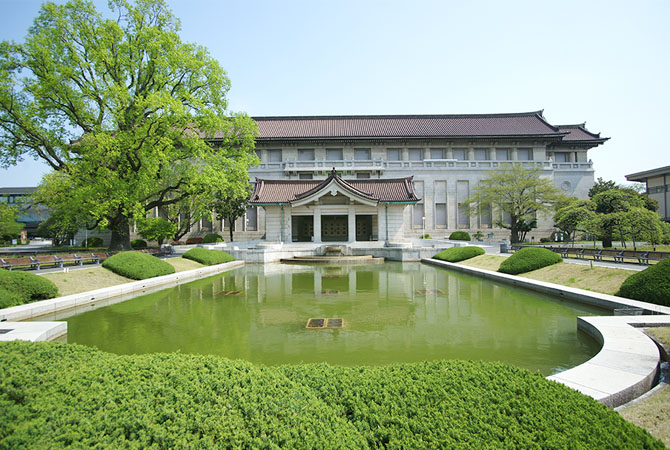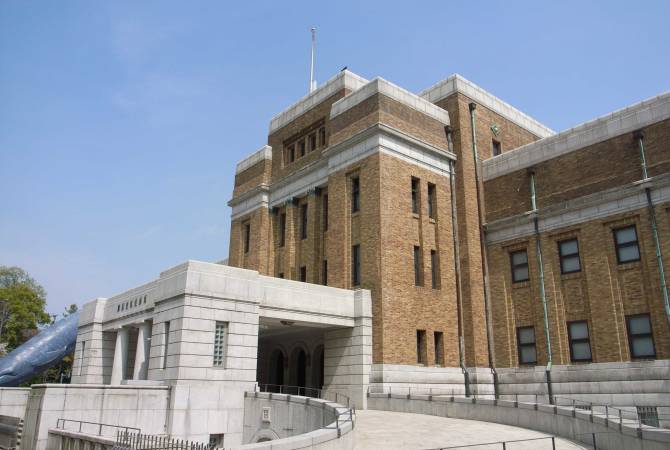
- Share this page
Share this page
- EN
Select Language
- FAVORITES
- Search
Detailed search: You can do a detailed search by keyword, genre, time, area and tag.
Main content starts here.
- Visit Tokyo |
- SPOT |
- Northern Tokyo |
- Ueno travel guide - from Ameyoko to Ueno Park
Updated: June 17, 2025
Ueno travel guide - from Ameyoko to Ueno Park
Culturally rich, naturally vibrant and a street of raucous retailers
Take a short walk from the bustling transport hub of Ueno Station and find yourself in a cultural and recreational haven. Expansive Ueno Park that sits next to the station houses many museums, a large boating pond, a shrine with a pagoda and a large zoo—home to the two-tone mascot of the area, the panda. The park is the focus of attention in April as the many cherry trees burst into bloom. Follow the train tracks of the Yamanote Line towards neighboring Okachimachi Station to experience Ameyoko—the bustling shopping street where the distinctive calls of market sellers can be heard selling everything and anything from clothes, spices, cosmetics and fresh fish.
Tips
- A trip to Ueno Zoological Gardens to visit the famous pandas
- The bustling shopping street and energetic market sellers of Ameyoko
- A tour of culture through the area's many museums
How to Get There
Access Ueno Station by taking the Tokyo Metro's Ginza and Hibiya lines. The Keiseidentetsu Line runs to Keisei Ueno Station.
From Haneda Airport: Around 50 minutes by train.
From Narita Airport: Around one hour and 20 minutes by train.
From Shinjuku Station: 24 minutes on the JR Yamanote Line to Ueno Station.
From Tokyo Station: Eight minutes on the JR Yamanote Line to Ueno Station.
Black, white, pink and purple—a park alive with color
From the short-lived explosion of cherry blossom pink in the spring, the vibrant peach-colored lotus flowers in the summer, and the black and white panda bears in the zoo, Ueno Park is alive with color. Picnic parties under the petals are commonplace in the springtime, and budding photographers take their cameras out on Shinobazu Lake to shoot the lotuses during the summer. If you are feeling worn out with your flower viewing, head to one of the terrace cafes to take the weight off your feet.
Japan’s Oldest Zoo
Energy is definitely required for a trip to Ueno Zoo, however, as it will take you a good half a day to explore the sprawling animal park home to around 3,000 animals from 300 different species, including gorillas, tigers, Asian elephants, polar bears, and a whole host of fascinating creatures from the natural world. The black and white star attractions are the giant pandas—expect to wait in line to catch a glimpse of the cuddly Chinese bears. The Main Gate is only a five-minute walk from the JR Ueno Station Park Entrance. The grounds are divided into an East Garden and a West Garden. In the East Garden you will find Gorilla Woods and Tiger Forest, Elephant Forest, Polar Bear and Seal Oceans, as well as a historic five-storied pagoda and ceremonial teahouse called the Kankan-tei. Panda Forest, a new breeding facility for giant pandas and other animals that live in their habitat, opened in the West Garden in September 2020. To complete your visit, you’ll find souvenir shops and dining options as well.
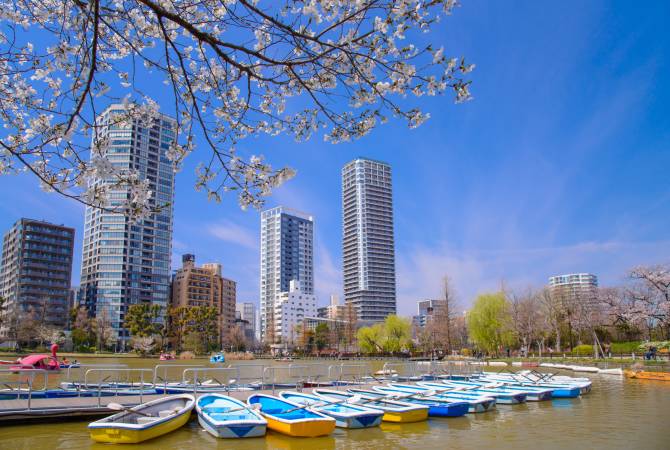
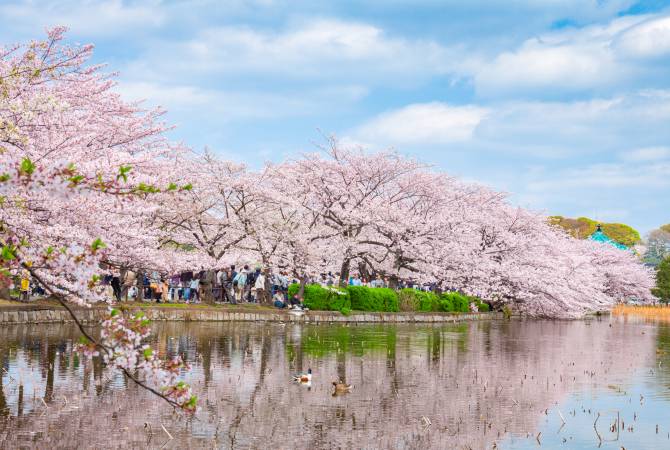
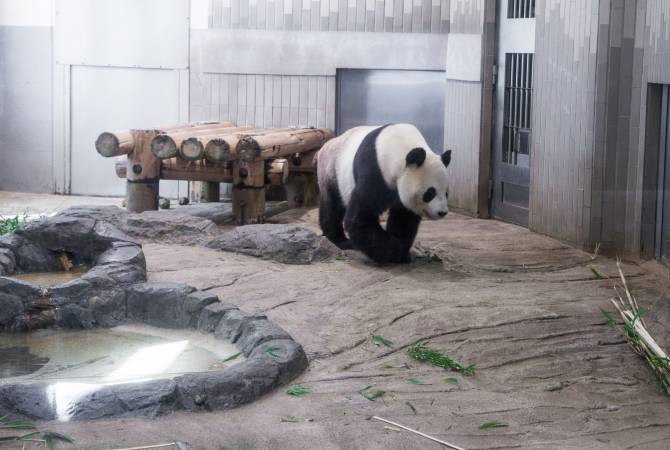
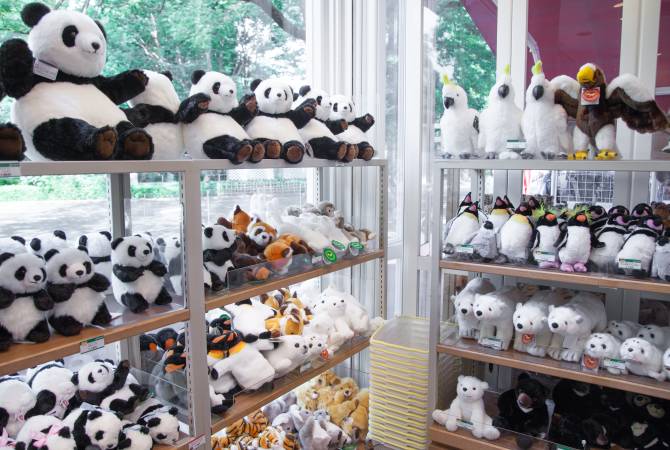
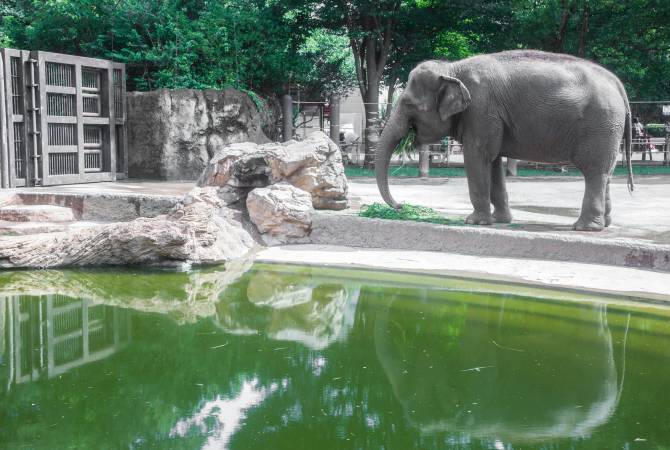
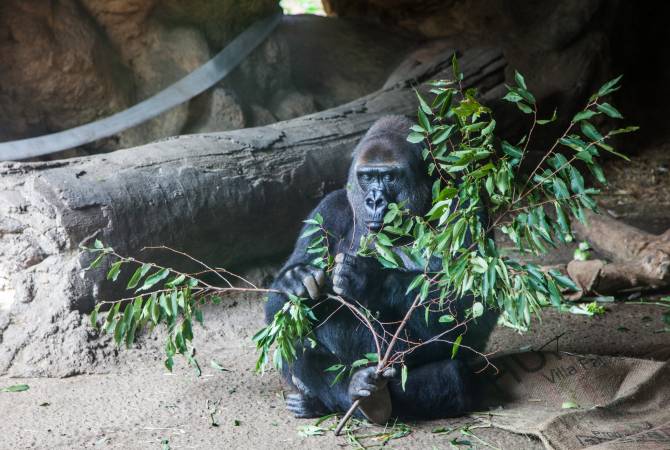
From black-market beginnings to modern day hustle and bustle
The origins of Ameyoko lie in post-war black-market commerce where stalls would sell a range of products from sweets and snacks to military wear. An edgy aspect still remains to the 500-meter long commercial street that has grown significantly in size and is frequently crowded with shoppers looking to take advantage of low prices on fresh food, cosmetics, clothes, and jewelry. The street is set to a background of hawking calls by the energetic sellers each trying to out-do the other in volume and passion. A range of specialty shops are buried within the market such as military shops stacked with military fatigues and accessories and the Ameyoko Center Building with its wide selection of herbs and spices. Be sure to try some of Ameyoko's delicious street food that pays homage to the pandas at Ueno Zoo, including panda-yaki, panda bread, and panda bento boxes.
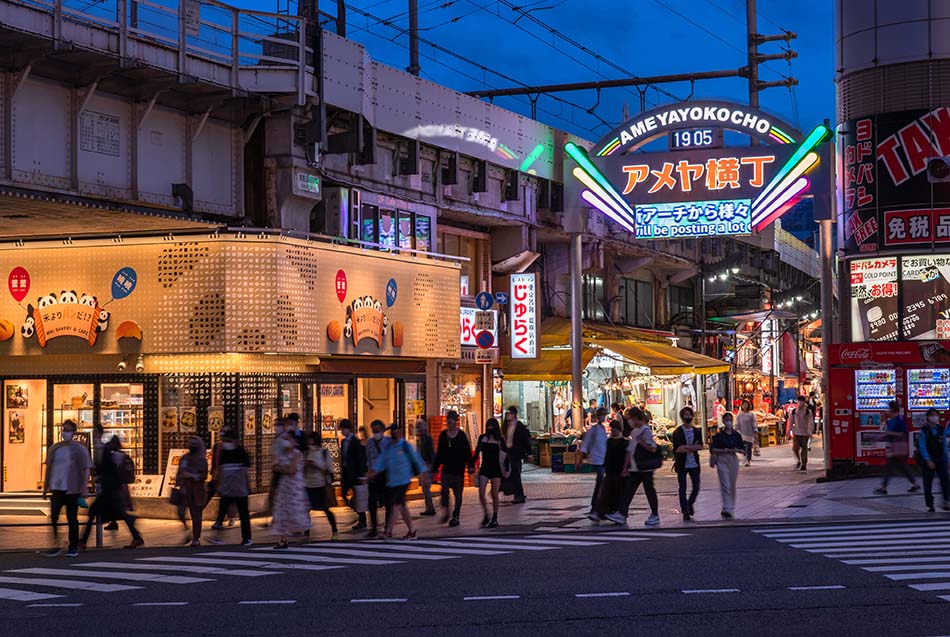
Satisfy your cultural appetite touring Ueno's close cluster of museums
Ueno is home to a number of world-class museums within easy walking distance of each other. The National Museum of Western Art complements its permanent exhibition of works by Claude Monet, Van Gogh, Renoir, Picasso and Pollock with rolling exhibitions. Another good place to visit is the Ueno Royal Museum, which exhibits everything from the latest contemporary art by young artists to popular manga exhibitions.
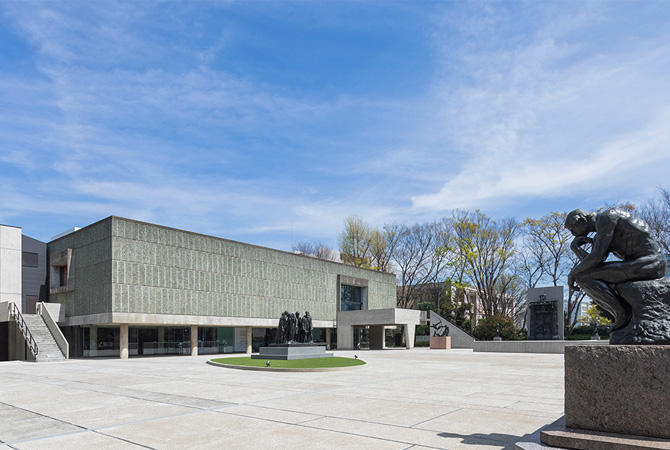
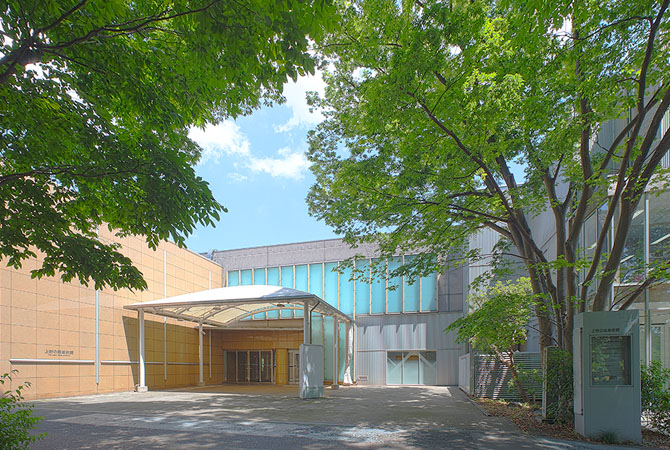
With 150 years of history, if you want to appreciate traditional Japanese artwork, you should visit the Tokyo National Museum, which houses a wide range of oriental artworks and antiquities including ukiyo-e woodblock prints, ceramics and swords. The National Museum of Nature and Science has a range of exhibits that explore the natural world and the history of science and technology from various angles, with a particular focus on dinosaurs.
